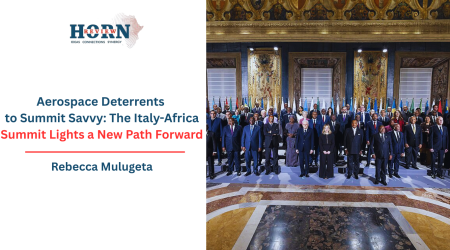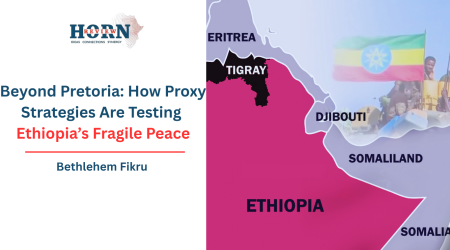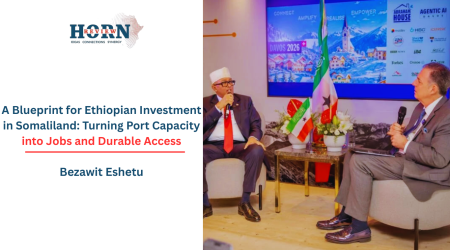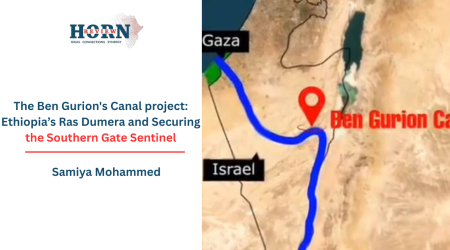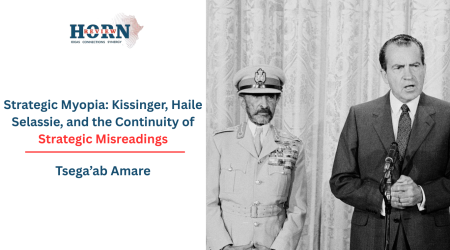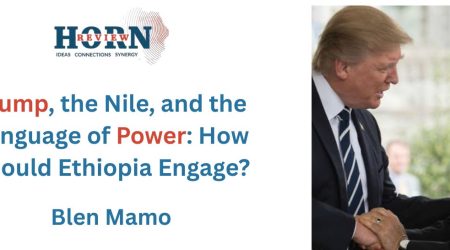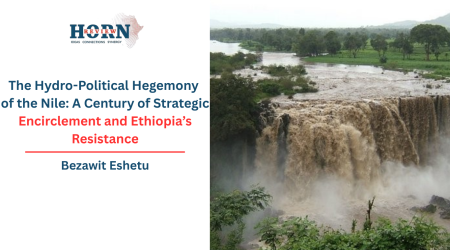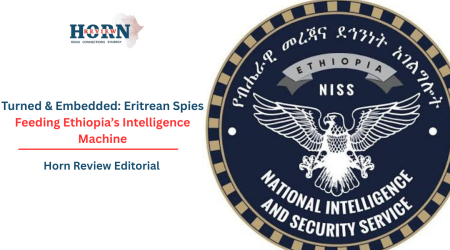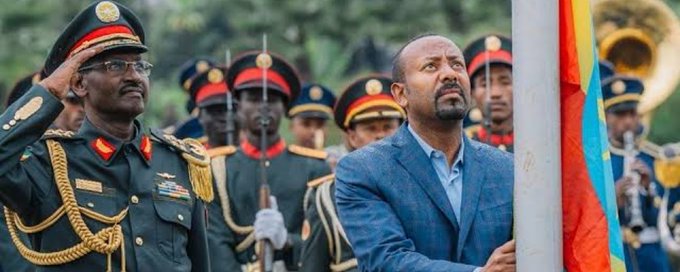
14
Jul
In Defense of Sovereignty: Ethiopia’s Enduring Plea for Peace Amid Eritrea’s Persistent Provocations
For decades, Eritrea has positioned itself as a persistent obstacle to Ethiopia’s regional influence and development. This interference extends beyond Eritrea’s immediate interests, manifesting even in matters such as the Nile negotiations – areas where Eritrea holds no direct stake. Eritrea has aligned itself with regional actors intent on undermining Ethiopia’s legitimate aspirations and regional leadership.
Ethiopia has consistently demonstrated a commitment to tolerance, dialogue, and adherence to international norms – seeking peaceful resolutions even amid provocation. In contrast, Eritrea has engaged in a pattern of destabilization marked by disinformation, proxy warfare, and covert operations, which have severely strained regional peace and security.
Eritrea’s Proxy Warfare and Subversion
Eritrea’s strategic approach resembles proxy warfare tactics seen elsewhere – most notably Iran’s indirect confrontations with Israel. Eritrea acts as a regional provocateur, serving as a “Trojan horse” for Egypt’s geopolitical ambitions aimed at limiting Ethiopia’s rise. This long standing alliance undermines Ethiopia’s stability and sovereign rights.
While Ethiopia has pursued reconciliation and national unity following years of conflict, Eritrea continues to fuel discord by supporting militant factions, particularly within Tigray. Its military presence in Ethiopian territory persists despite clear agreements mandating withdrawal, including the Pretoria Peace Agreement.
Moreover, Eritrea maintains ties with factions of the TPLF under Debretsion Gebremichael, enabling illicit trafficking of gold, coffee, and humanitarian aid destined for the people of Tigray. This is a stark betrayal – profiting from the very suffering it once helped inflict through wartime atrocities.
Eritrean Infiltration and Internal Destabilization
Beyond external military provocations, Eritrea has infiltrated Ethiopian urban centers, notably Addis Ababa, with operatives engaged in criminal activities including abduction, extortion, and blackmail. These acts form part of a broader campaign to destabilize Ethiopian society, erode trust in public institutions, and weaken the state’s ability to govern effectively.
Eritrea also exploits Ethiopia’s ethnic diversity, deliberately sowing division between Oromos – the nation’s largest ethnic group _ and Amharas, the second largest. Through a network of online propaganda, misinformation, and disinformation, Eritrean-linked activists amplify false narratives of ethnic victimization and persecution.
The regime’s leadership has openly employed divisive rhetoric – labeling the Ethiopian government an “Oromummaa project” aimed at suppressing Oromos and other groups alike. Such inflammatory statements exacerbate fears and tensions, undermining Ethiopia’s social fabric and efforts to build inclusive governance.
Proxy Militias and Manufactured Conflict
Eritrea’s support for proxy militias remains a primary tool for exerting influence. During and after the Tigray war, it armed and trained the Amhara Fano militias, anticipating that a weakened Ethiopian government could be toppled through internal armed rebellion.
Simultaneously, Eritrea has cultivated relationships with select Amhara elites to fuel attacks on Oromo farmers in Wollega and, through supporting the Shene militia, has instigated violence against Amharas in the same region. This carefully engineered ethnic strife aims to delegitimize the federal government and provoke widespread unrest.
Economic Exploitation and Criminal Networks
Eritrea’s destabilizing tactics extend to economic subversion. Its agents engage in illicit trafficking and resource smuggling – gold, coffee, and diverted humanitarian aid – across the Eritrea-Tigray border, often with the tacit approval of TPLF factions.
This systematic plunder reflects Eritrea’s well-documented history of mafia-like behavior: corruption, money laundering, black market operations, and trafficking. Eritrea’s criminal enterprise undermines Ethiopia’s economy and further deepens instability in affected regions.
The Threshold for Military Response: Self-defense as Last Resort
Despite numerous diplomatic efforts and explicit provisions in the Pretoria Peace Agreement, Eritrean forces maintain a persistent and unauthorized military presence in approximately one-third of Ethiopia’s Tigray region. This occupation is not only a direct violation of Ethiopia’s sovereignty but also a blatant defiance of repeated pleas by the Ethiopian federal government demanding immediate withdrawal.
Eritrean troops move freely across the border, opening and closing border points without the consent or knowledge of the Ethiopian state, facilitating the influx of arms, military personnel, and logistical support for armed factions within Ethiopia. This unapproved military activity undermines Ethiopia’s authority, destabilizes the region, and violates the fundamental principle of non-intervention enshrined in international law.
Under Article 51 of the United Nations Charter, every sovereign nation has an inherent right to self-defense if an armed attack occurs against it, including threats posed by foreign military occupation and support for insurgencies. Eritrea’s actions constitute an ongoing armed aggression that severely threatens Ethiopia’s territorial integrity and national security.
The Ethiopian government has exercised exceptional patience and restraint, repeatedly choosing diplomacy and dialogue. However, Eritrea’s continued refusal to honor peace agreements, withdraw its forces, and cease its destabilizing activities leaves Ethiopia no choice but to prepare to exercise its legitimate right to defend its sovereignty and citizens by all necessary means.
Balancing Peace with Security
Ethiopia’s call is not for aggression, but for peace enforced by justice and respect for sovereignty. The government urges Eritrea to immediately halt its proxy warfare, withdraw troops, cease supporting armed militias, and engage constructively in peace processes.
Should Eritrea refuse, Ethiopia will act decisively to secure its borders, protect its citizens, and preserve the stability essential for regional progress. This is not a choice Ethiopia takes lightly – it is a last resort forced by Eritrea’s ongoing violations of peace and international norms.
The Imperative of Collective Action
The international community must recognize that Ethiopia’s pursuit of peace has been met with Eritrea’s calculated aggression. Supporting Ethiopia’s right to self-defense is crucial to prevent the Horn of Africa from sliding into further conflict and chaos.
Ethiopia remains open to dialogue but is resolute in defending its sovereignty by all means necessary. Only through a combined effort of diplomatic pressure and a credible defense posture can lasting peace and security be achieved.
By Tsega’ab Amare,Researcher,Horn Review

